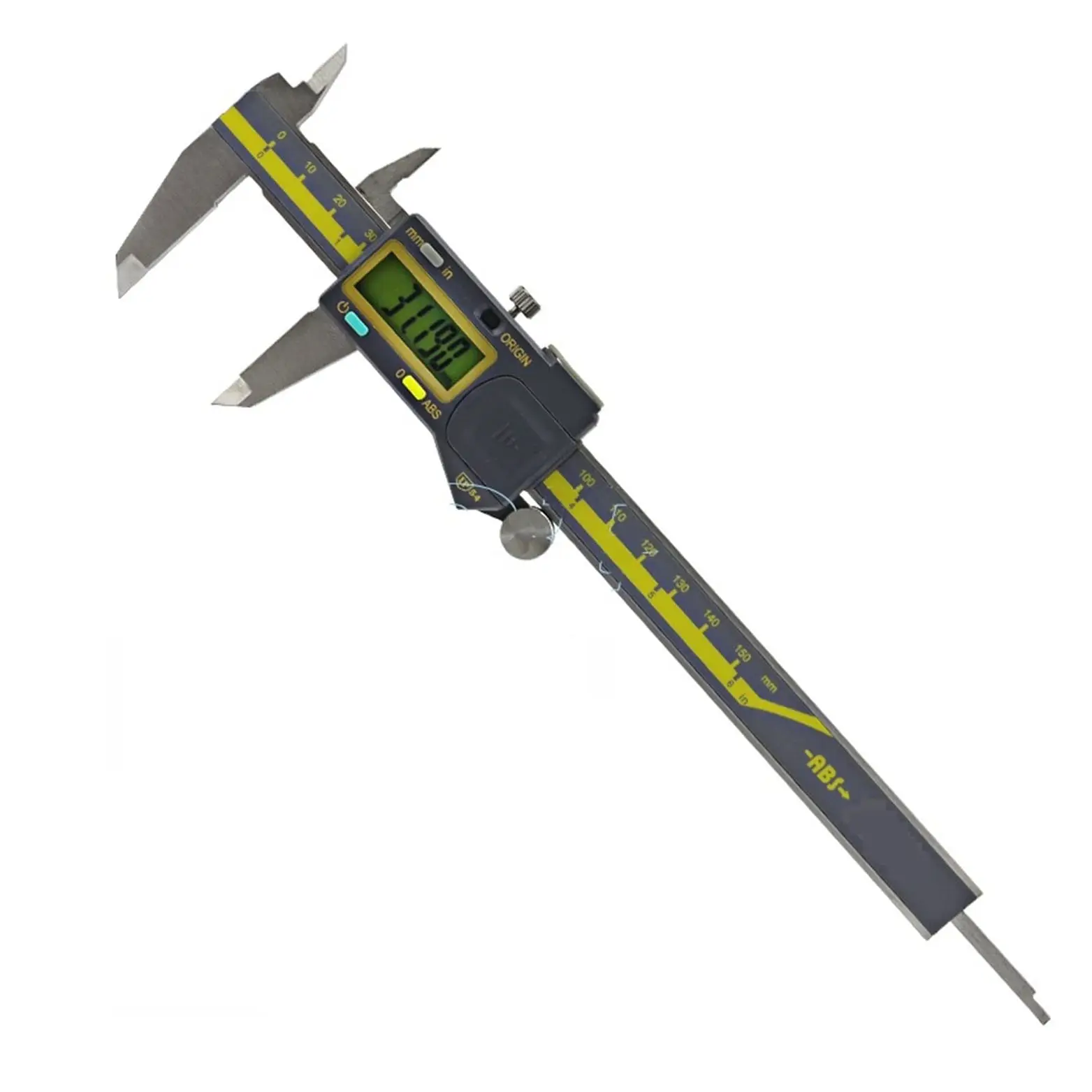Wholesale machining tools
Sourcing wholesale machining tools can be complex. This guide simplifies the process, covering essential considerations like tool types, material selection, supplier evaluation, and cost optimization strategies. We delve into understanding specific machining operations, selecting the right tools for those operations, and navigating the wholesale market to secure the best deals and build lasting supplier relationships. Ultimately, this comprehensive guide will equip you with the knowledge to make informed decisions and optimize your investment in wholesale machining tools.
Understanding the Fundamentals of Machining Tools
Machining tools are essential for shaping raw materials into finished products through processes like cutting, drilling, milling, and grinding. Understanding the different types and their applications is crucial for any business involved in manufacturing or fabrication. Wayleading Tools offers a wide variety of machining tools for all types of projects.
Types of Machining Tools
Here's a breakdown of common types:
- Cutting Tools: Used for removing material to create a specific shape. Examples include turning tools, milling cutters, and drills.
- Drilling Tools: Designed for creating holes in materials. Twist drills, spade drills, and center drills are common examples.
- Milling Tools: Employed for shaping materials using a rotating cutter. End mills, face mills, and ball nose mills are frequently used.
- Grinding Tools: Used for finishing surfaces to achieve a smooth, precise result. Grinding wheels and abrasive belts are examples.
- Boring Tools: Designed for enlarging existing holes with high precision.
- Threading Tools: Used to create screw threads on parts. Taps and dies are the main types of threading tools.
Material Selection for Machining Tools
The material of a machining tool significantly impacts its performance and lifespan. Common materials include:
- High-Speed Steel (HSS): Offers good toughness and wear resistance, suitable for general-purpose machining.
- Carbide: Provides excellent hardness and heat resistance, ideal for high-speed machining and harder materials.
- Ceramics: Exhibits superior wear resistance and high-temperature performance, used for specialized applications.
- Diamond: The hardest material available, used for machining extremely abrasive materials.
- Cermet: Combination of ceramic and metallic materials. Offers better thermal shock resistance compared to traditional ceramics and good wear resistance.
Sourcing Wholesale Machining Tools: A Strategic Approach
Purchasing machining tools in bulk requires careful planning and execution. Consider the following factors:
Identifying Your Needs
Before contacting suppliers, define your specific requirements:
- What types of machining operations will you be performing?
- What materials will you be machining?
- What are your desired tolerances and surface finishes?
- What is your budget?
Answering these questions will help you narrow down your search and communicate your needs effectively to potential suppliers.
Finding Reputable Suppliers
Researching and vetting potential suppliers is crucial for ensuring quality and reliability. Look for suppliers with:
- Extensive product catalogs: A wide selection indicates experience and capability.
- Competitive pricing: Compare prices from multiple suppliers to ensure you're getting a fair deal.
- Quality certifications: ISO 9001 or similar certifications demonstrate a commitment to quality.
- Positive customer reviews: Check online reviews and ask for references from other customers.
- Technical support: A supplier that offers technical support can help you select the right tools and troubleshoot any issues.
Evaluating Supplier Reliability
Beyond the basics, delve into how well a supplier delivers on their promises.
- Lead times: How quickly can the supplier fulfill your orders? Ask for estimated delivery times and track record.
- Payment Terms: Understand the payment options and credit terms offered by the supplier.
- Return Policies: Inquire about the supplier's return policy in case of defective or incorrect tools.
- Communication: Is the supplier responsive and easy to communicate with?
Negotiating Prices and Terms
Don't be afraid to negotiate prices and terms with suppliers. Consider the following tips:
- Compare quotes from multiple suppliers.
- Negotiate volume discounts.
- Explore different payment options.
- Clarify warranty and return policies.
Cost-Effective Strategies for Wholesale Machining Tools
Optimizing your spending on wholesale machining tools is essential for maintaining profitability. Explore these cost-saving strategies:
Tool Regrinding and Sharpening
Instead of replacing worn-out tools, consider regrinding and sharpening them. This can significantly extend their lifespan and reduce your overall tool costs. Work with a reputable tool grinding service that can restore your tools to their original cutting performance.
Tool Coating
Applying a coating to your machining tools can enhance their performance and lifespan. Common coatings include:
- Titanium Nitride (TiN): Improves wear resistance and reduces friction.
- Titanium Carbonitride (TiCN): Offers increased hardness and abrasion resistance.
- Aluminum Titanium Nitride (AlTiN): Provides excellent heat resistance and is suitable for high-speed machining.
Inventory Management
Proper inventory management can help you avoid overstocking and minimize waste. Implement a system for tracking tool usage and reordering supplies as needed. Consider using a tool crib management system for better control and accountability.
Choosing the Right Tool for the Job
Selecting the correct tool for each machining operation can prevent premature wear and damage. Consult with your suppliers or experienced machinists to ensure you're using the appropriate tools for the materials and processes involved.
Wholesale Machining Tools: Case Studies and Examples
Let's examine how different businesses leverage wholesale machining tools to achieve their goals.
Case Study 1: Automotive Parts Manufacturer
An automotive parts manufacturer sources wholesale carbide end mills from a specialized supplier. By negotiating a volume discount and implementing a tool regrinding program, they reduced their tooling costs by 15% while maintaining high production rates.
Case Study 2: Aerospace Component Fabricator
An aerospace component fabricator relies on wholesale diamond cutting tools for machining carbon fiber composites. They established a long-term partnership with a supplier that provides technical support and custom tool designs, ensuring optimal performance and precision.
The Future of Wholesale Machining Tools
The machining tools industry is constantly evolving with advancements in materials, coatings, and manufacturing processes. Stay informed about the latest trends and technologies to maintain a competitive edge.
Emerging Technologies
Consider these innovative developments:
- Additive Manufacturing (3D Printing): 3D printing is allowing for the creation of custom tools with complex geometries, optimized for specific machining applications.
- High-Performance Cutting Tools: Manufacturers are developing tools with advanced coatings and geometries that can operate at higher speeds and feeds, improving productivity.
- Smart Tools: Tools equipped with sensors that monitor cutting forces, temperature, and vibration can provide real-time feedback and prevent tool failure.
Key Considerations When Buying Wholesale Machining Tools
To summarize, remember these key considerations when sourcing wholesale machining tools:
- Clearly define your needs and requirements.
- Research and vet potential suppliers thoroughly.
- Negotiate prices and terms effectively.
- Implement cost-saving strategies like tool regrinding and coating.
- Stay informed about emerging technologies and trends.
Frequently Asked Questions (FAQ)
What are the most common types of wholesale machining tools?
Common types include cutting tools (end mills, drills, turning tools), grinding wheels, and threading tools (taps, dies).
How do I choose the right material for my machining tools?
Consider the material you'll be machining, the desired cutting speed, and the required surface finish. HSS is good for general purposes, while carbide is better for harder materials and high speeds.
What is the best way to find reputable wholesale machining tools suppliers?
Search online directories, attend industry trade shows, and ask for recommendations from other manufacturers.
What are some tips for negotiating prices with wholesale machining tools suppliers?
Compare quotes from multiple suppliers, negotiate volume discounts, and explore different payment options.
How can I extend the lifespan of my machining tools?
Regrind and sharpen your tools regularly, apply appropriate coatings, and use the correct tool for each machining operation.
Conclusion
Sourcing wholesale machining tools effectively requires careful planning, research, and negotiation. By following the guidelines outlined in this comprehensive guide, you can optimize your investment, improve your manufacturing processes, and achieve your business goals. Whether you need milling tools, drilling tools or other types of machining tools, Wayleading Tools is here to help you with all your needs.
Related products
Related products
Best selling products
Best selling products-
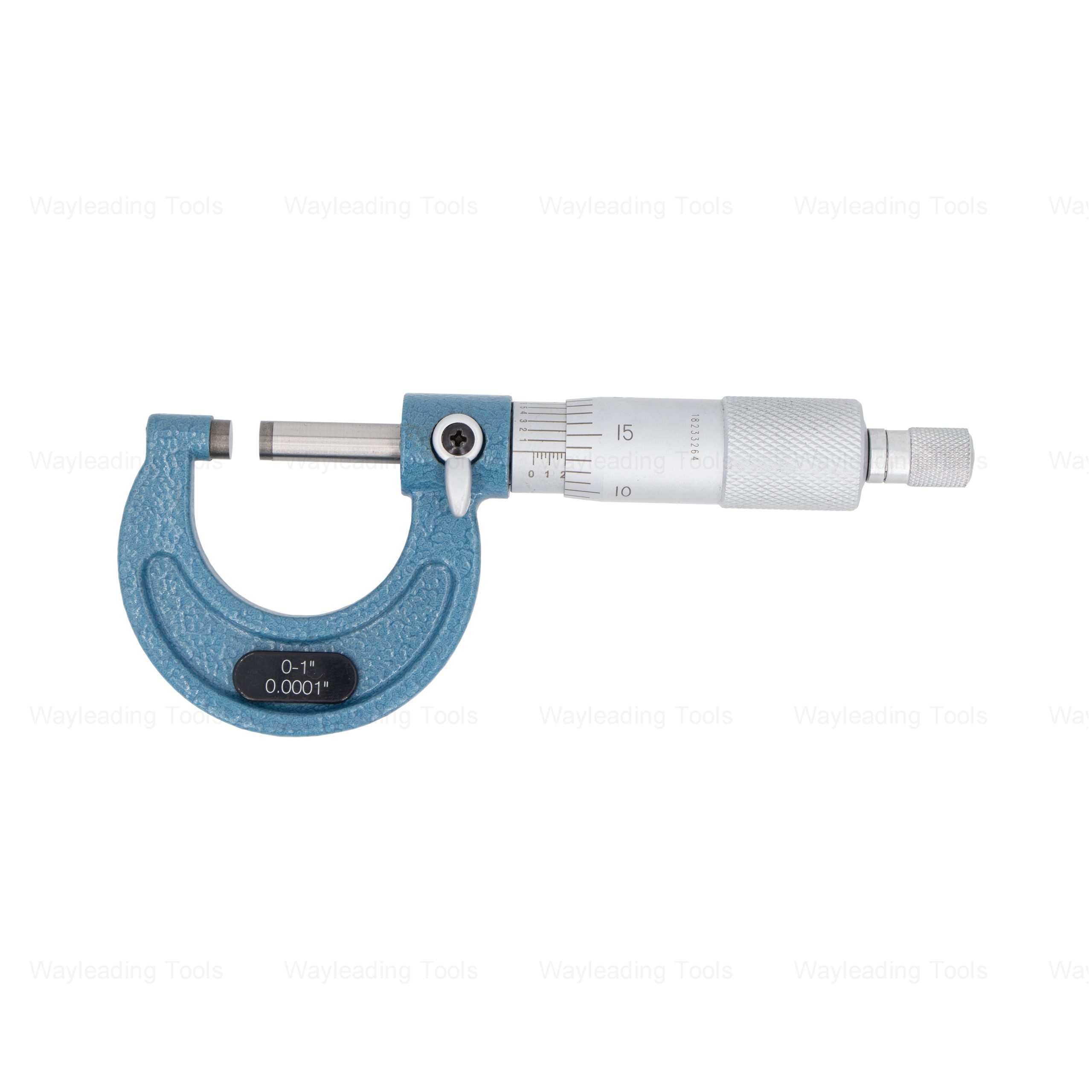 Premium Outside Micrometer – Metric & Inch, Ratchet Stop, Industrial Grade
Premium Outside Micrometer – Metric & Inch, Ratchet Stop, Industrial Grade -
 Indexable Spade Drill Holder With Helical Flute Holder And Taper Shank
Indexable Spade Drill Holder With Helical Flute Holder And Taper Shank -
 HSS Inch 4 Flute End Mills With Bright Or TiN And TiAlN Coated
HSS Inch 4 Flute End Mills With Bright Or TiN And TiAlN Coated -
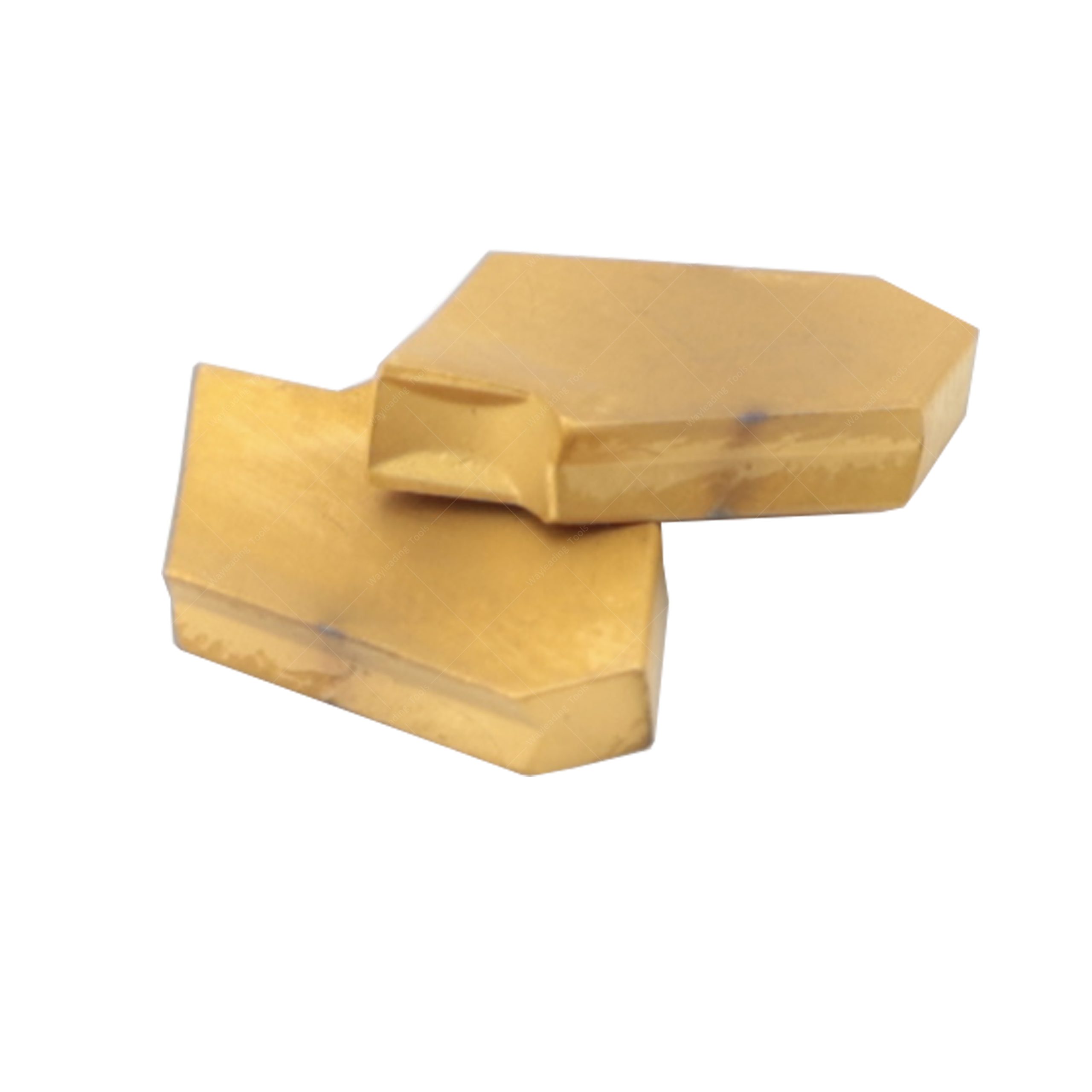 GTN Parting & Grooving Insert For NCIH Blade
GTN Parting & Grooving Insert For NCIH Blade -
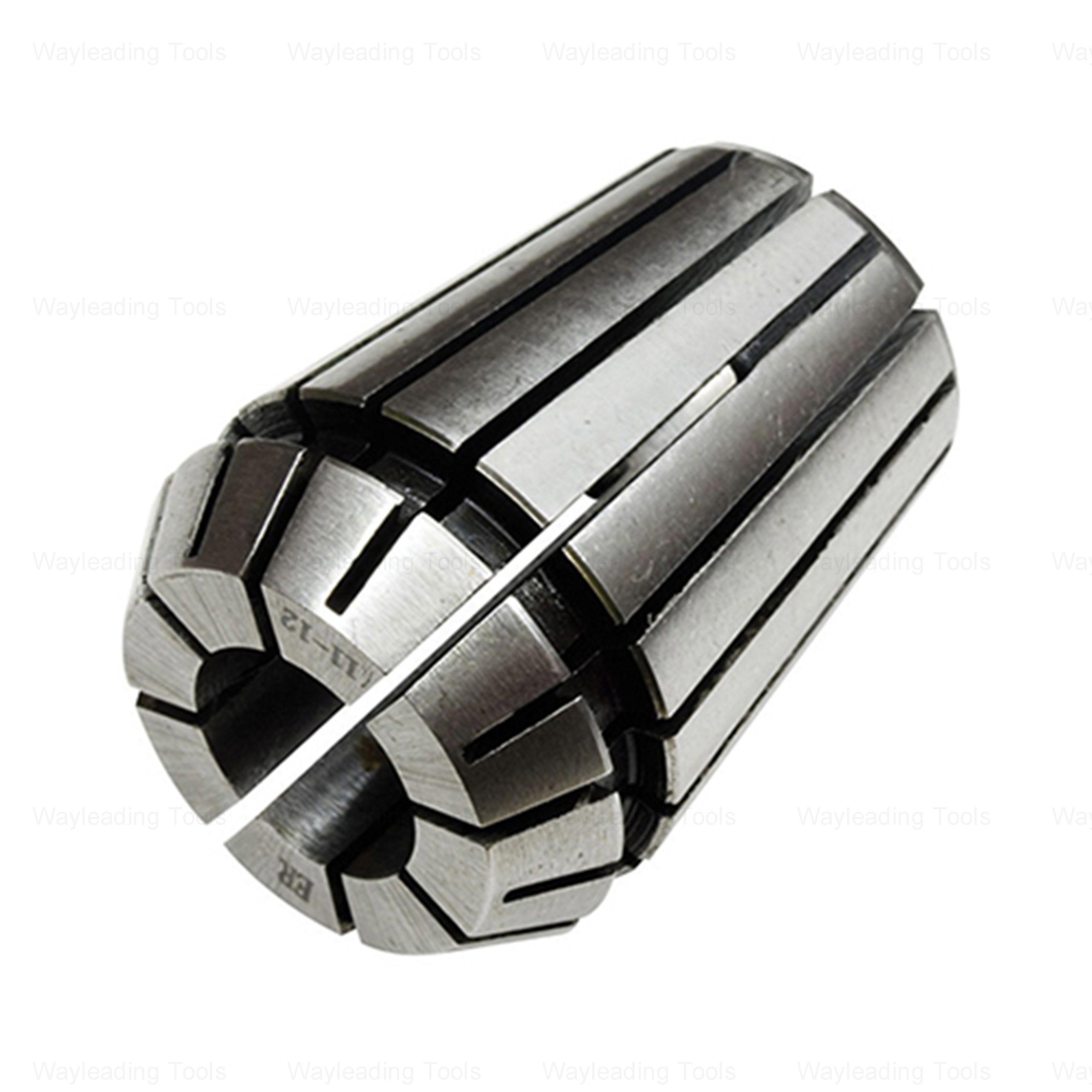 Metric ER Collets – High Precision, for Milling Applications
Metric ER Collets – High Precision, for Milling Applications -
 Indexable Square Shoulder End Mill For Industrial
Indexable Square Shoulder End Mill For Industrial -
 Carbide Tipped Hole Cutter For Cutting Stainless Steel And Iron Or Steel Plate
Carbide Tipped Hole Cutter For Cutting Stainless Steel And Iron Or Steel Plate -
 HSS Metric Plain Metal Slitting Saws For Industrial
HSS Metric Plain Metal Slitting Saws For Industrial -
 Precision Digital Caliper Of With Metric & Inch Size For Industrial
Precision Digital Caliper Of With Metric & Inch Size For Industrial -
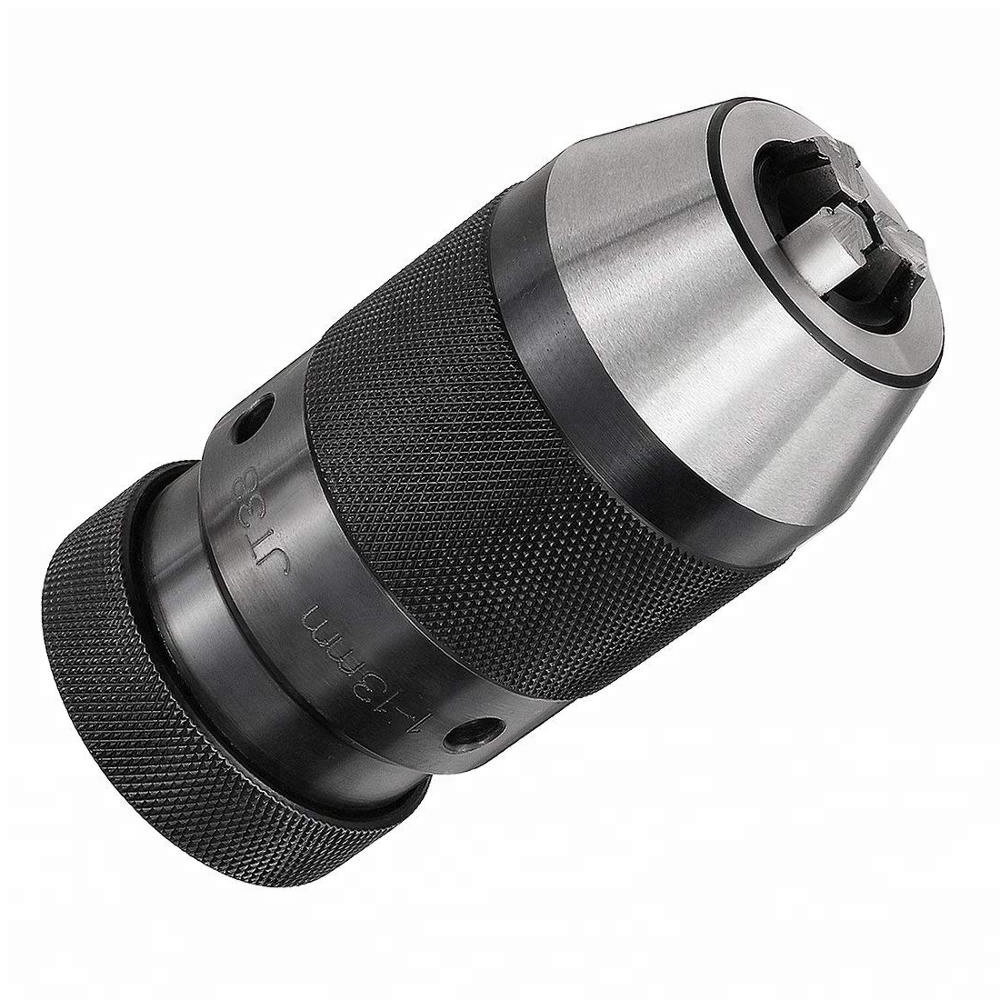 Keyless Drill Chuck With Heavy Duty Type
Keyless Drill Chuck With Heavy Duty Type -
 3 Flutes HSS Chamfering Countersink Drill bitl With 60 And 90 Degree
3 Flutes HSS Chamfering Countersink Drill bitl With 60 And 90 Degree -
 DIN4971-ISO1 Carbide Tipped Tool Bit With Right And Left Hand
DIN4971-ISO1 Carbide Tipped Tool Bit With Right And Left Hand




